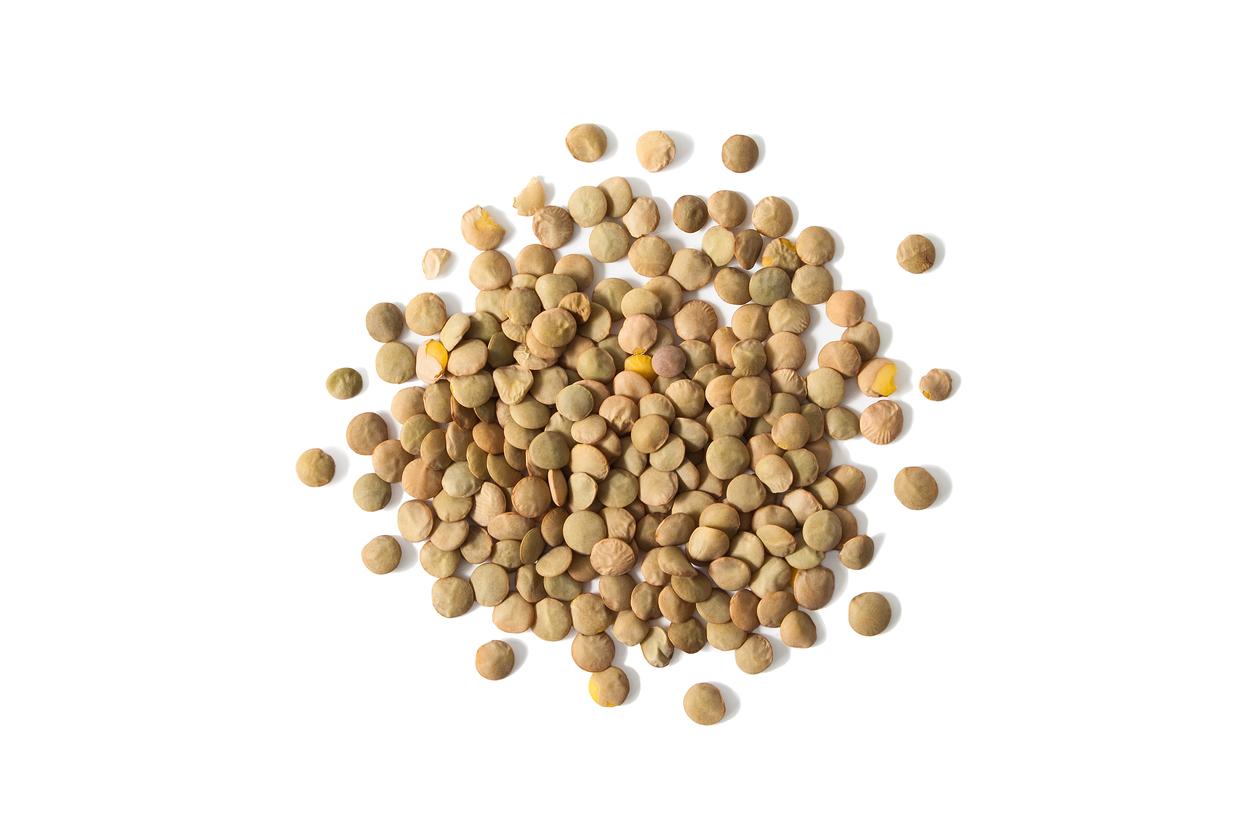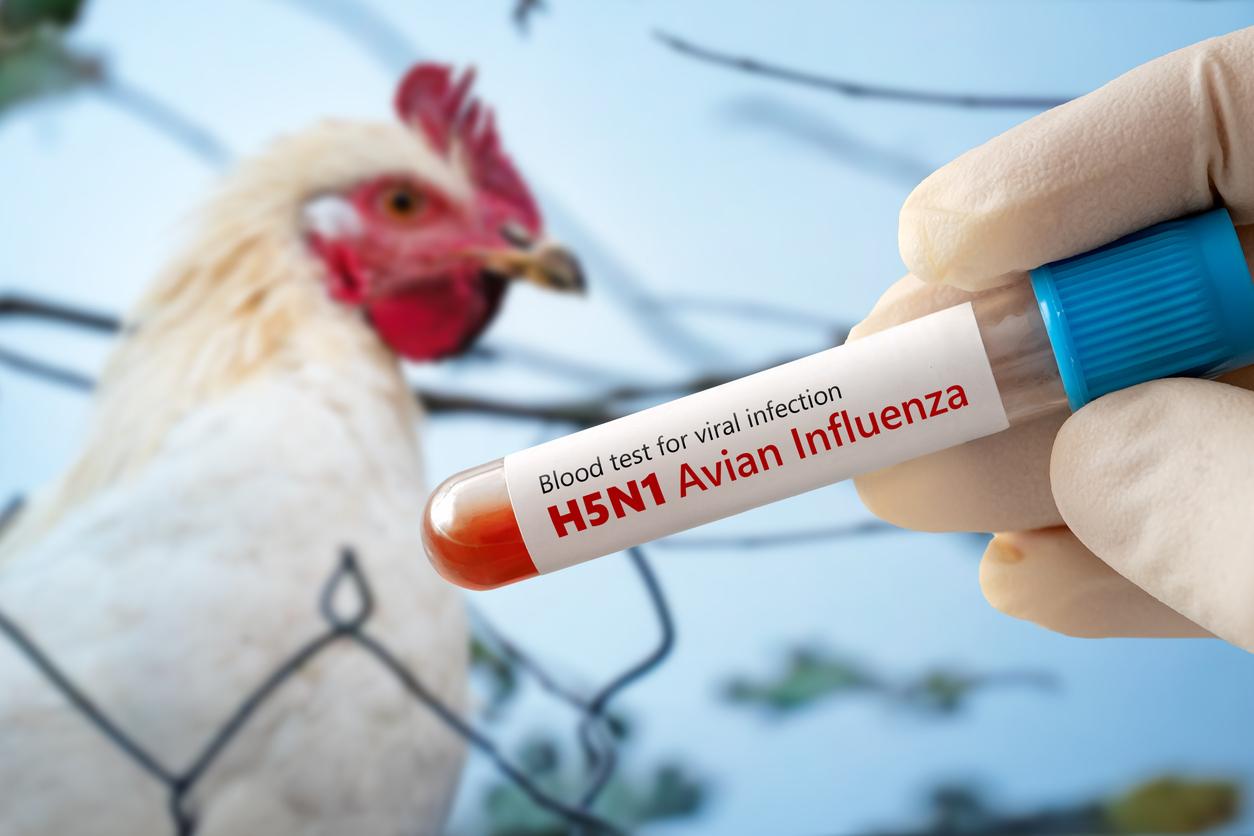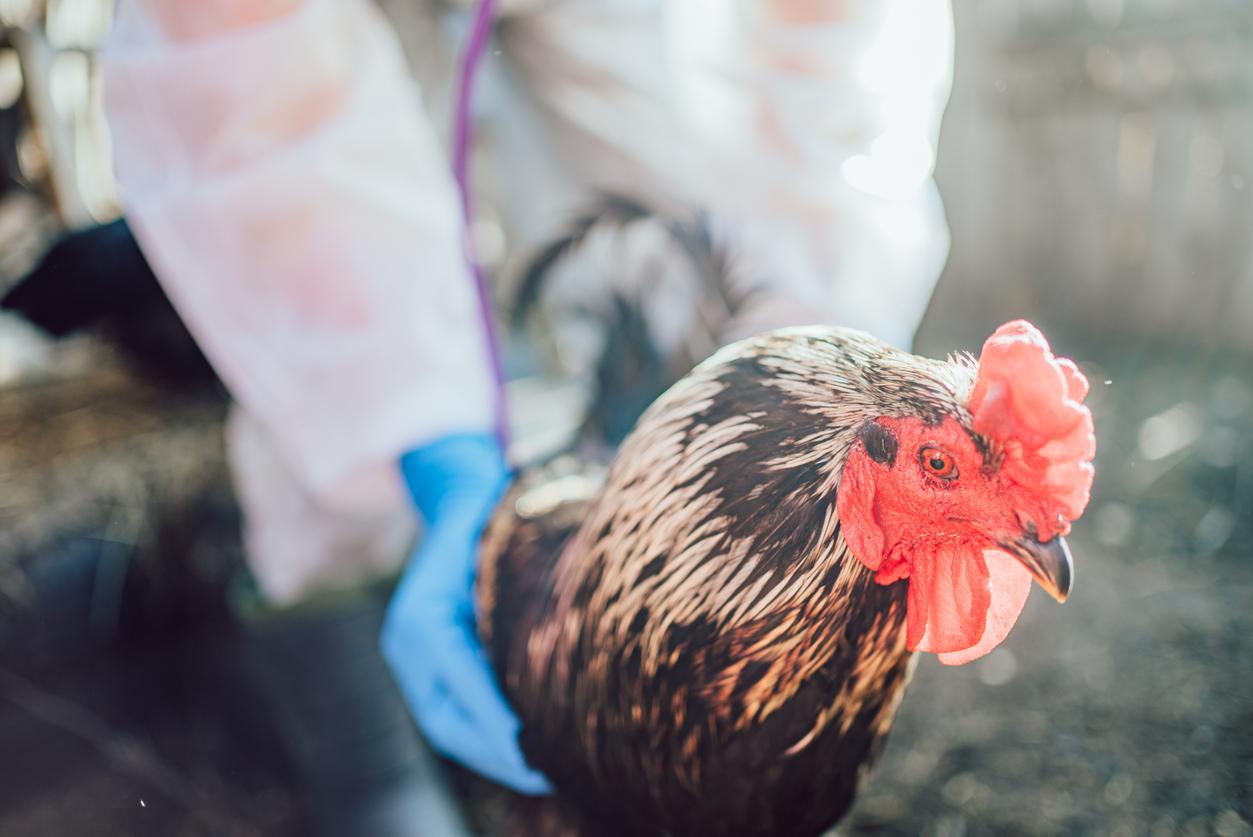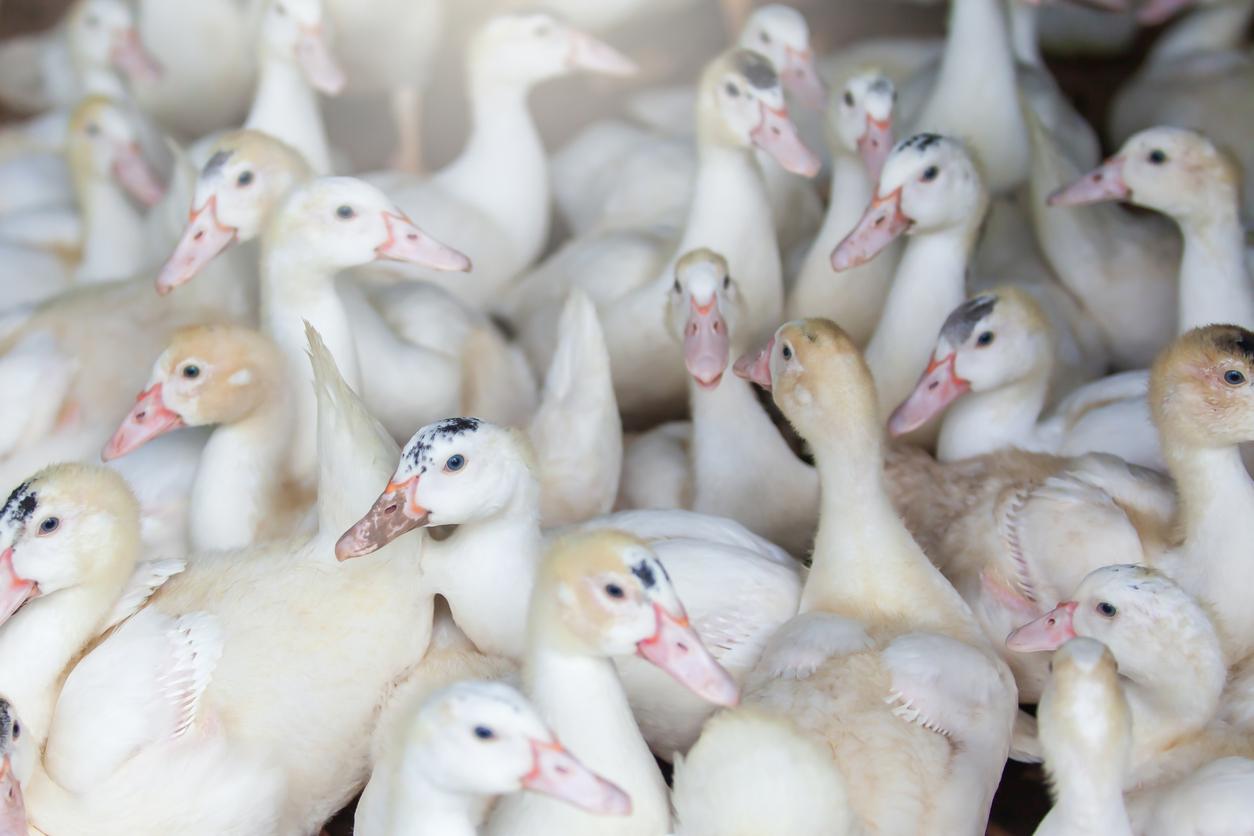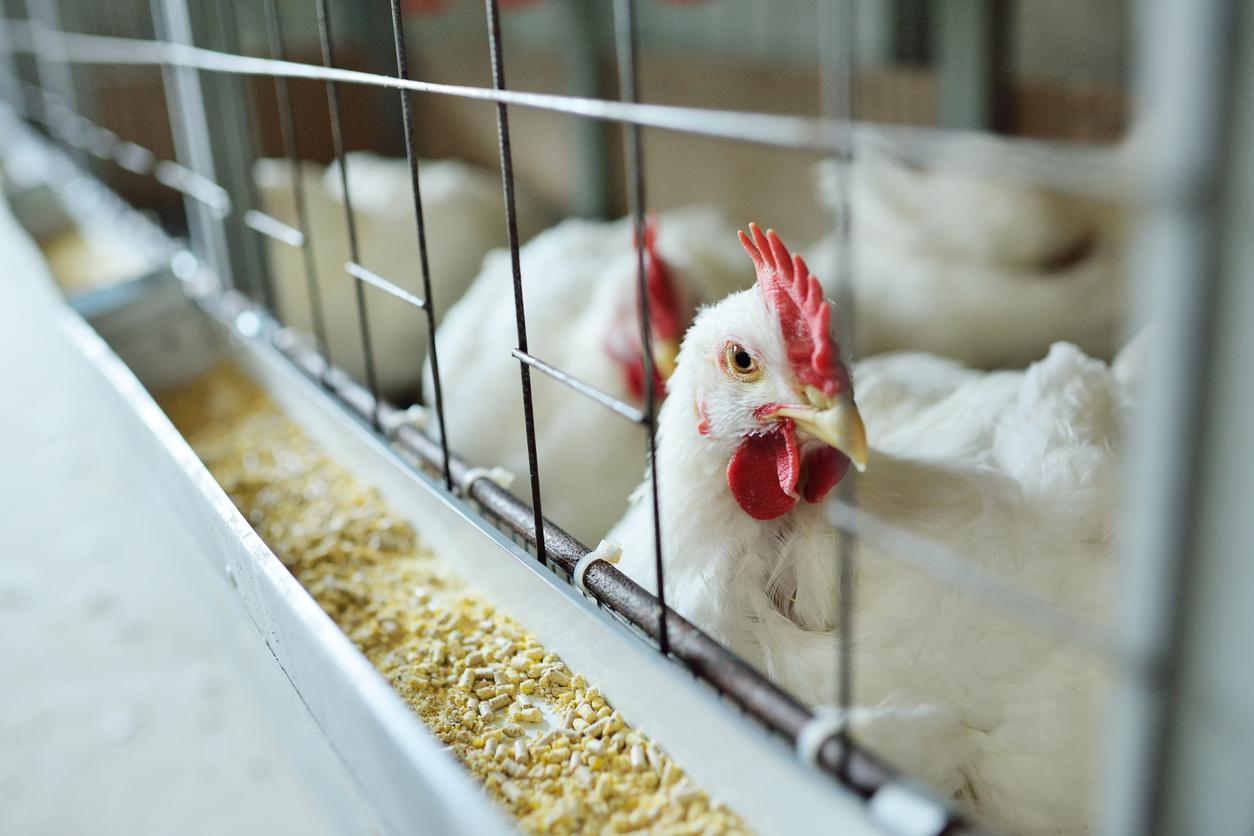Despite the crawl space imposed last April, an outbreak of avian flu in Aveyron and one in Dordogne were detected. Almost 9,400 poultry will be slaughtered.

The eradication of avian influenza in the southwest of France will be a long road strewn with pitfalls. The Ministry of Agriculture announced on Tuesday the detection of two new outbreaks of avian influenza in Aveyron and Dordogne, even though the restocking of farms began two months ago.
The first cases of H5N1 flu were identified last November. And despite the systematic slaughter of thousands of ducks, geese and chickens, the epizootic continued its course in the region of foie gras. At the end of May, 77 outbreaks had been identified in 8 departments of the South-West.
To contain it, the Ministry of Agriculture decreed a crawl space on April 18. For a month, all palmiped farms in 18 departments remained empty before being thoroughly disinfected. Little by little, the farms were repopulated under drastic biosanitary conditions.
But unfortunately the H5N1 virus persists and causes the emergence of new outbreaks of avian flu. The first was detected on Friday in Aveyron “in a breeding of 2,080 ducks ready to be force-fed and 2,917 ducklings as part of the monitoring plan”, specified to Why Doctor the Ministry of Agriculture. All the animals will be slaughtered, then a cleaning and disinfection operation will be carried out. “All farms located within a 10 km perimeter will also be subject to enhanced surveillance, in accordance with current European regulations,” explains Stéphane Le Foll’s ministry.
Justifies strict biosecurity measures
In Dordogne, it was an outbreak in a farm of 4,400 chickens located in Ladornac, on the edge of Corrèze, which was discovered by the veterinary services. The breeder warned them after finding several of his dead animals. Here too, the poultry will be slaughtered.
“These sporadic cases can be explained by the pressure of infection that existed in the area. They fully justify the performance of controls and the adoption of strict biosecurity measures throughout the national territory, as provided for by the decree of February 8, ”said the ministry in a press release.
These two new cases are the first detected since the implementation in April of the eradication strategy deployed in the area. An overall assessment should be presented in September when the approximately 1,000 farms affected by the plan have been inspected.

.




